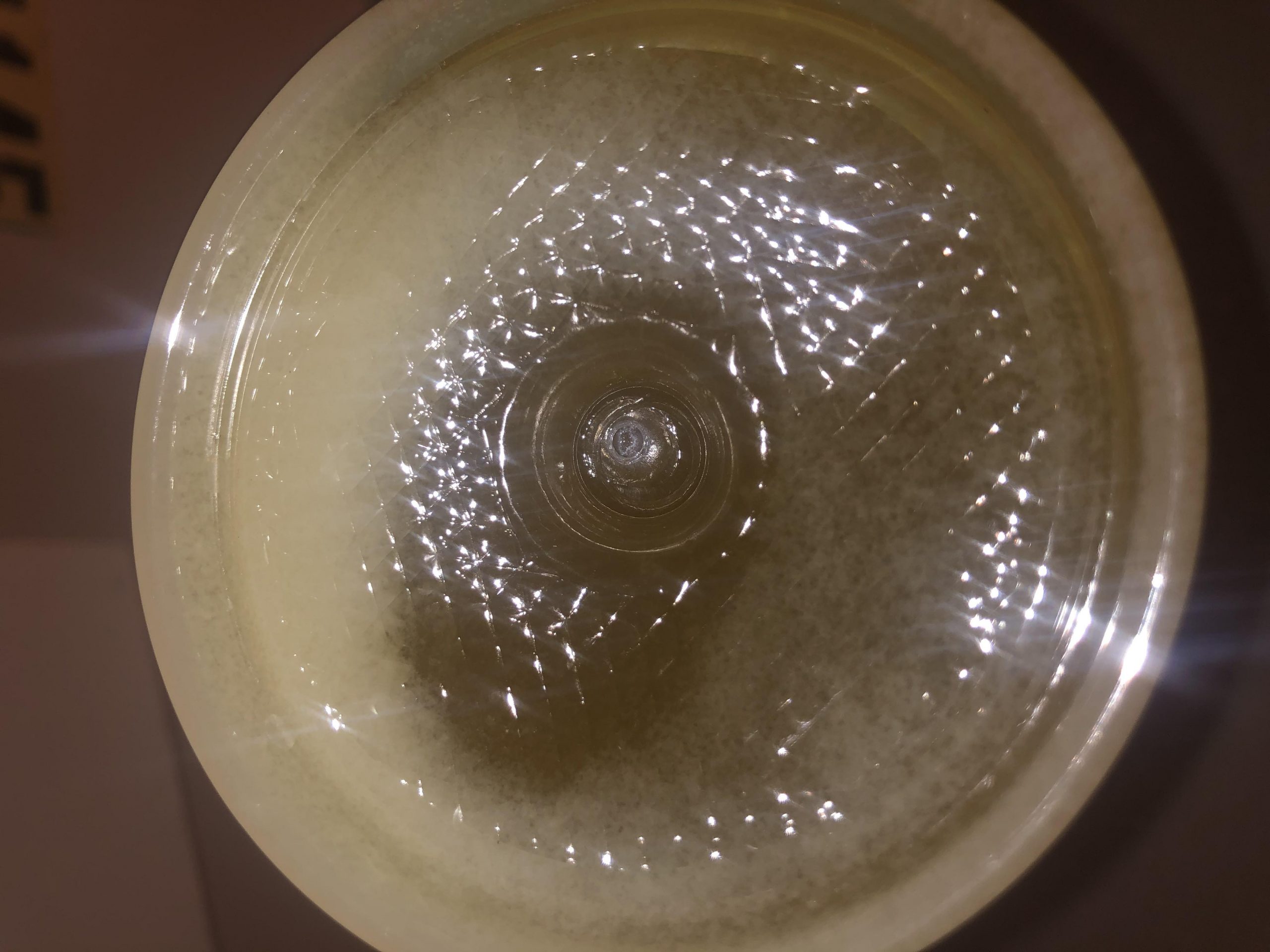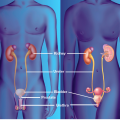Urine is a liquid solution of metabolic wastes and certain other, often toxic, substances that the excretory organs withdraw from the circulatory fluids and expel from the body. The composition of urine tends to mirror the water needs of the individual.
Normal urine is yellowish in color, ranging from clear to deep amber. The color depends on how diluted it is, meaning how much liquid you consume. All urine has a slight odor that can vary with your diet.
Changes in urine can refer to:
- Color changes.
- Changes in odor.
- Changes in consistency (for example, urine may appear foamy).
Sometimes these changes are temporary and harmless. They may be the result of eating certain foods or vitamins or taking some medicines. Asparagus or beets can harmlessly change the odor and color of urine, for example.
Other times, changes in urine may be the result of a more serious underlying medical condition.
Who experiences changes in urine?
Anyone can experience changes in the urine. It is more frequently seen in adult women since a change in urine is a common symptom of urinary tract infections. Women more frequently experience these infections. Older adults and adults with a family history of kidney or bladder stones are also more prone to experience changes in the urine.
White Stuff Floating In My Urine, Could I Be Pregnant?
No, according to Healthline, if you notice white particles in your urine, it’s likely from genital discharge or a problem in your urinary tracts, such as kidney stones or possible infection. If you have significant symptoms that accompany the white particles in your urine, you may want to see your doctor.
Different conditions may cause white particles to appear in your urine including vaginal discharge, seamen, small particles of kidney stones, and white blood cells.
White particles in your urine can be especially alarming if you’re pregnant. It’s likely due to leukorrhea, a normal vaginal discharge that’s usually thin and milky. Vaginal discharge during pregnancy increases. You might notice a lot of it, but it’s completely normal. Some can leak out when you urinate, creating the appearance of white spots.
It is normal to have more vaginal discharge in pregnancy. This helps prevent any infections from traveling up from the vagina to the womb. Towards the end of pregnancy, the amount of discharge increases further. In the last week or so of pregnancy, it may contain streaks of sticky, jelly-like pink mucus.
This is called a “show” and happens when the mucus that’s been present in your cervix during pregnancy comes away. It’s a sign that the body is starting to prepare for birth. You may have a few small “shows” in the days before you go into labour.
Thrush can cause unusual vaginal discharge. If you get thrush when you’re pregnant, it can easily be treated – talk to your doctor or healthcare provider.
Thrush can cause:
- increased vaginal discharge which is usually white (like cottage cheese), and does not usually smell
- itching and irritation around the vagina
Always talk to your doctor, pharmacist, or midwife if you think you have thrush, as there are some thrush medicines you should not use while you’re pregnant.
You can help prevent thrush by wearing loose cotton underwear. You may find it helps to avoid perfumed soap or perfumed bath products.
Contact your doctor as soon as possible if you’re pregnant and have discharge that’s not white, especially if it looks pink or darker.
How Can Urinary Problems be Treated?
Most urinary problems are treated with a course of antibiotics. However, it is essential that you complete the course of medication to have a faster recovery. Besides, it is important that you drink a lot of water or other fluids, as it will help you feel better. If you feel that your symptoms do not improve despite the urinary problem treatment, it is essential that you visit a doctor or urologist.
How Can You Prevent Urinary Problems?
You can prevent urinary problems in several ways. A few of them include:
- Drinking plenty of water
- Urinating frequently
- Wiping yourself from front to back after you urinate
- Avoid fluids that irritate the bladder. For example, caffeine or alcohol
- Keeping the genital area clean
- Avoiding the use of oils in your genital areas
- Avoiding the use of perfumed products in the genital regions
- Urinating immediately after sex
- Using better, hygienic products such as menstrual cups or sanitary pads instead of tampons
- Avoiding the utilization of a spermicide or a diaphragm for birth control
- Wearing cotton clothes that are comfortable and loose; keeping the area around the urethra dry.






